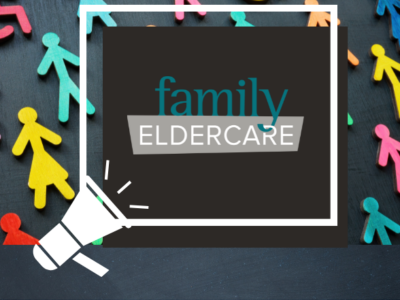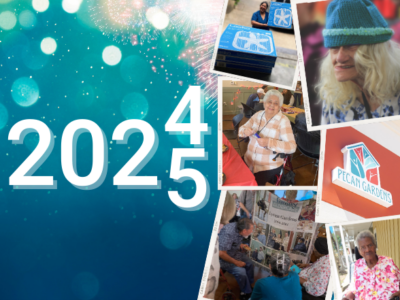As we move from Mental Health Awareness Month in May to celebrating Pride Month in June, let’s examine how important it is for the LGBTQIA+ community to find affirming mental health care. Special thanks to our Counseling Department and guest blogger Robert Arambel who is an intern for Family Eldercare’s In-Home Counseling team.
June is Pride month across the United States. June was chosen because of the historical significance of the Stonewall Inn riots in New York City. This is considered the point at which the LGBTQIA+ community started pushing back for respect and understanding. It is now a month of celebration and acknowledgement for the LGBTQIA2+ community.
If you decide to obtain support through counseling, it’s important to find a provider who meets your needs and can discuss what is significant to you with knowledge, curiosity, and empathy. This may include finding a therapist who understands the unique needs of you as a member of the LGBTQIA2+ community.
In honor of Pride month, here are some tips for finding LGBTQIA2+ affirming therapy.
- Physical Space – Is the space for clients welcoming to everyone? Do you see representation of yourself? It’s important for you to feel welcome at all stages of the visit. Something as simple as a Pride flag sticker can make a difference.
- Language – Often, without thinking about it, our language can exclude people. As an example, does the person you are seeing ask, “Do you have a husband (or wife)?” or “Do you have a partner?” If there are forms you need to fill out, are there multiple sexual orientation and gender identity options? Inclusive language is a sign that someone is thinking about all people.
- Pronouns – Does the person provide their pronouns when meeting you? Even if pronouns are not something you are concerned about, knowing someone provides them lets you know that they are thinking about all types of people.
- Understand LGBTQIA2+ struggles –Does the person you are seeing understand the societal and system struggles LGBTQIA2+ people face? Do they have empathy towards this? Do they try to understand and uplift you if they know you are part of the LGBTQIA2+ community? Dignity and empathy are traits that all clients should expect from therapy providers.
If you are looking for a therapist who is part of the community or a vocal ally, here are three resources that may help:
Healthline Article on Finding an LGBTQIA+ Affirming Therapist: Questions and Answers to Help
Psychology Today – LGBTQ+ Affirming Therapists in Travis County, TX – you can also add other filters such as gender (male/female/non-binary), ages the therapist has experience with (toddler, teen, elders, etc.) and ethnicity, among others.


